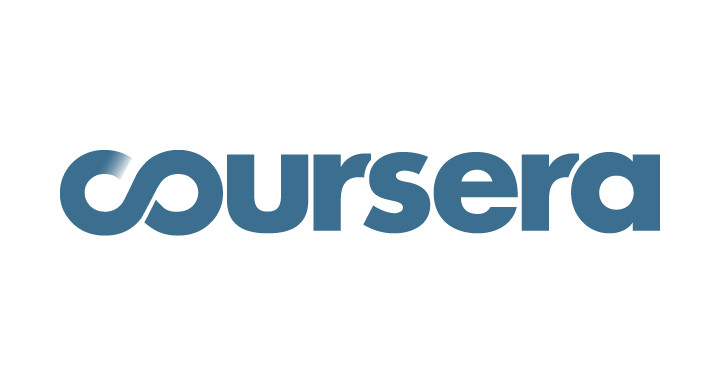 |
| Online Education Company Coursera |
Coursera, which provides hundreds of courses online, said Wednesday it raised the Series B financing from new investors Laureate Education Inc., the World Bank’s investment arm, LearnCapital Venture Partners, GSV Capital and venture capitalist Yuri Milner. Previous investors Kleiner Perkins Caufield & Byers and New Enterprise Associates, which invested $16 million in Coursera last year, boosted their stakes in the latest round.
All told, Coursera has banked $65 million since last April. The company is one of several providers of so-called massive open online courses, or MOOCs. One of its largest competitors is Udacity, which raised a total of $21.5 million, as of its latest VC round in October.
Coursera co-founder Andrew Ng and investors declined to provide details of the firm’s valuation.
Coursera has grown exponentially since its spring 2012 launch, and now counts more than 4 million unique users, 394 courses and 83 partner institutions. The firm hasn’t turned a profit yet, but it is closing in on $1 million in total revenue thanks to fee-based services such as signature-based user verification, certificates of completion and licensing agreements.
Coursera hosts courses taught by professors at its network schools; some other institutions are now licensing those courses for their own students, assigning students to complete lessons in their own time and using class for interactive discussions instead of lectures. For example, last fall Antioch University students could receive credit for a Coursera web class taught by University of Pennsylvania faculty.
Though Coursera could continue to operate at this level without raising more money, Ng said, the additional funds will help further accelerate its growth. Coursera intends to double its staff to about 100 over the next year and experiment more with hybrid course offerings. It is also pushing to expand its international reach with instruction in languages other than English and mobile apps for students who don’t have reliable internet access. About one-third of Coursera’s students now come from developing economies.
That global potential hooked Laureate, which runs a network of 71 colleges in 29 countries worldwide and invested in the newest round. Laureate CEO Doug Becker declined to detail the size of his investment, but said it was “strategic” as it could result in some of Laureate’s schools licensing course content from Coursera.
(It’s no coincidence that Laureate and the World Bank unit are both backing Coursera; the IFC announced in January that it was taking a $150 million stake in Laureate, its largest education investment so far.)
The California Institute of Technology and University of Pennsylvania piggybacked on the Series A funding last July, joining with Kleiner Perkins and NEA to add another $6 million to Coursera’s coffers, and a similar follow-on from university partners isn’t out of the question this time around.




0 Comments